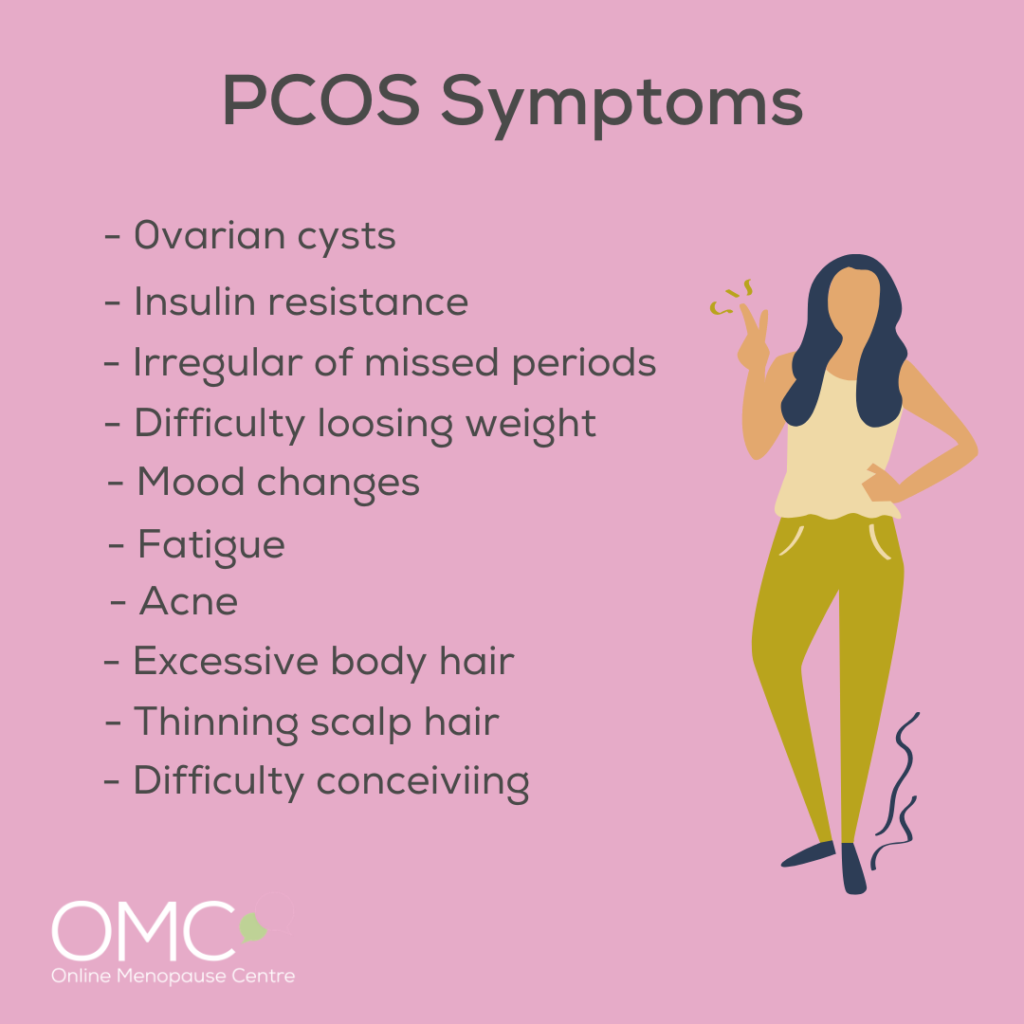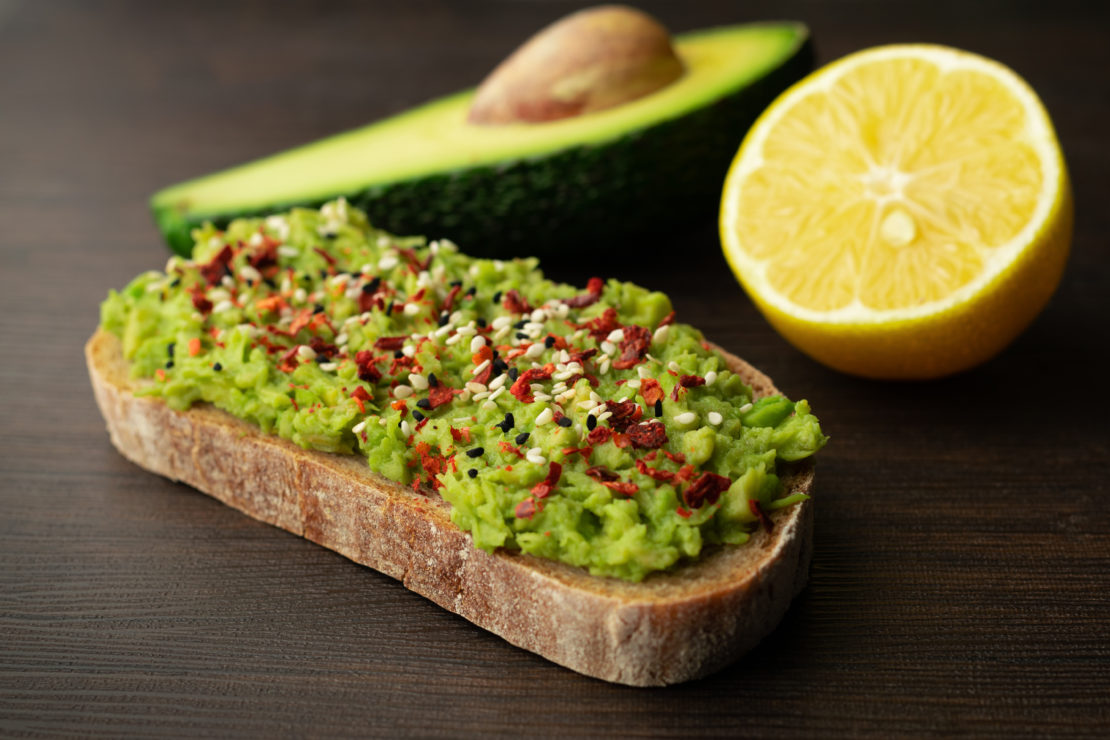Online PCOS Specialist
What is Polycystic Ovarian Syndrome (PCOS)?
Although the exact cause of Polycystic Ovarian Syndrome is unknown, it usually runs in families. PCOS is considered a metabolic condition and it is related to abnormal hormone levels including high insulin levels.
Women with PCOS are resistant to the actions of insulin and so produce a lot more insulin. There is higher production of testosterone and as they don’t ovulate regularly they are usually low in progesterone levels.
Symptoms of PCOS
A woman who has symptoms of PCOS can have one or a number of the following:
Polycystic Ovaries
As ovaries contain many fluid filled sacks (cysts) they enlarge.
Excess Androgens (testosterone)
This can result in excessive hair growth or Hirsutism, this can be on the face or body. Oily skin or acne. Thinning hair or hair loss from scalp. Weight gain.
Irregular or no menstrual cycles
This is due to ovaries not releasing eggs regularly which could result in fertility difficulties.

Treatment of PCOS
There are a number of treatments available for which you need to see a specialist (Gynaecologist).
As there is no proven cure for PCOS, treatment is best tailored around an individual woman’s symptoms. Checking female hormones and balancing any imbalances can help to improve symptoms.
Nutritional Recommendations
For healthy bloods sugar levels and reducing insulin resistance, incorporate the following:
- Complex carbohydrates such as brown/wild rice, lentils, amaranth, quinoa, oats, and wholemeal sourdough bread
- A source of protein (organic eggs, wild fish, organic lean meat and poultry, beans/legumes, nuts/seeds) with every meal
- Fibre-rich foods such as rolled oats, ground flaxseeds, chia seeds, green leafy vegetables, grains, and almonds
- Good fats, particularly the essential fatty acids Omega-3, present in wild oily fish such as mackerel, sardines, salmon and anchovies. Plant-based options are chia seeds, flaxseeds, avocado, nuts, such as almonds and Brazil nuts, and extra virgin olive oil
And avoid:
- Refined carbohydrates and sugar (such as white pasta, white rice, white bread, pastries, and sugary cereals) as well as trans fats (such as ready-made meals and sauces, margarine, fried fast-food, crisps, and biscuits)

Lifestyle Recommendations
Lifestyle
- Regular exercise supports healthy blood sugar and can help lowering insulin levels. It will also help you lose weight, which is recommended in PCOS if you are overweight. Try to find a type of exercise that you enjoy and suits your lifestyle. Outdoor exercise, particularly in nature, is a great way to move your body and manage stress levels at the same time.
- “Eat breakfast like a king, dinner like a pauper”. A study has shown that women with PCOS who ingested the majority of their daily calories (consumed their largest meals) early in the day at breakfast rather than at dinner time, significantly improved insulin sensitivity and sugar levels as well as decrease their testosterone levels.

